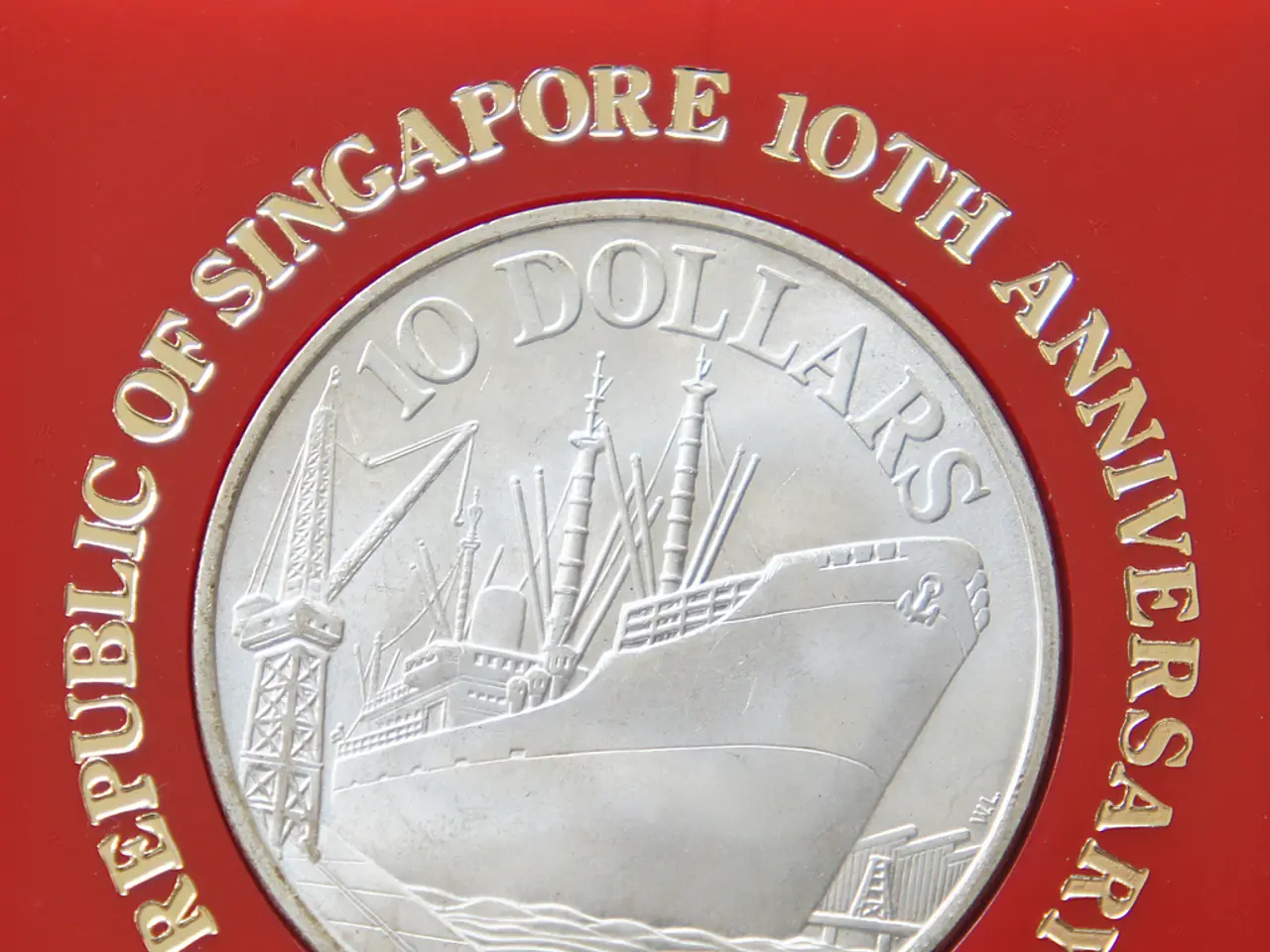Emerging Autonomy for Europe: The Shifting Global Impact of the Eurocurrency
The European Central Bank (ECB) President, Christine Lagarde, has proposed an ambitious plan to increase the euro's international role and establish it as a key international reserve currency. This move could have significant implications for the European economy and the global financial order.
The potential benefits of this proposal are numerous. A stronger international role for the euro could lead to lower financing costs for the eurozone, reduced exchange-rate volatility, and enhanced resilience against sanctions. It aligns with the global trend of "de-dollarization," as some central banks seek alternatives to the U.S. dollar amid concerns over U.S. political and fiscal uncertainty.
However, elevating the euro faces challenges. The current global dominance of the dollar, geopolitical tensions, the need for stronger European monetary sovereignty, and competition with other currencies like China's yuan are all factors that complicate the euro’s path to becoming a truly global reserve currency.
Lagarde has highlighted that increasing the euro’s global role could strengthen the eurozone’s financial stability and reduce vulnerability to external political and economic shocks, including U.S. sanctions. However, managing monetary policy and financial stability within the euro area, especially in an uncertain global economic environment, is a crucial aspect of this proposal.
The entrenched status of the dollar, protected by U.S. legislative measures against rivals, and the fragmented nature of emerging global monetary systems add complexity to the euro’s path. These factors, along with the need for robust Eurozone policy coordination to maintain currency stability and credibility, present significant hurdles.
The ECB, under Lagarde, remains focused on price stability amid these strategic considerations.
The roots of this proposal can be traced back to the Keynes Plan, presented at the Bretton Woods Conference in 1944, which advocated for an international reserve currency called "Bancor." Triffin's proposals were inspired by this plan, and he later proposed the creation of Special Drawing Rights (SDRs) as a reform of the International Monetary Fund in the 1960s. SDRs, a basket of five currencies, were designed to function as Keynes' Bancor.
The proposed role for the euro includes it acting as an active international reserve currency. This move could foster greater autonomy in European foreign policy, as President Lagarde has noted.
The evolution of the international monetary order has been a complex and fascinating journey, from the Gold Standard era, through the Bretton Woods Agreement, to the era of floating exchange rates. The euro currently holds a 20% share of global reserves, while the U.S. dollar holds 58%.
Jacques de Larosière, an economist, has denounced the phenomenon of capital flowing into the strongest economy during international financial crises as dangerous and without clear limits. Triffin consistently cautioned against basing an international monetary order on a single national currency, a warning that resonates today.
The European Commission has stopped short of formally proposing a comprehensive European defence force, adopting a cautious approach reminiscent of the monetary union's genesis. The establishment of the "ReArmEU" programme, now known as "Readiness 2030," which extends financial aid to member states to augment their armaments expenditure, reflects this cautious approach.
In summary, Lagarde's push to elevate the euro internationally offers strategic economic and geopolitical benefits but faces significant hurdles. The ECB under Lagarde remains focused on maintaining price stability amid these strategic considerations.
The proposal by Christine Lagarde, the ECB President, to establish the euro as a key international reserve currency could have implications beyond finance, potentially influencing general-news matters such as European business and politics. This move could foster greater autonomy in European foreign policy due to the euro's potential active role as an international reserve currency.
Geopolitical tensions, the need for stronger European monetary sovereignty, the cemented position of the dollar, and competition with other currencies like China's yuan are significant factors that challenge the euro's path to becoming a truly global reserve currency, impacting both business and politics.




